"When used smartly, tools such as ChatGPT can shape the future of communications"
In the last 10 years, PR has taken a different dimension, especially after the entry of social media and the rapid shift to digital during the pandemic period. At the same time, the industry has been facing stiff challenges, moreover client expectations have also increased, with more emphasis being given to digital and online reputation management. The industry has undergone a radical shift and the current times have pushed the industry to change gears.
In conversation with Adgully, Girish Balachandran, Managing Director, On Purpose, speaks about the challenges in the PR industry, the new emerging trends such as Social Listening and Analytics tool usage, importance of customised approach for different clients, and more.
What do you see as the biggest challenges facing the public relations industry in India today, and how do you plan to address them?
Good talent is the backbone of the Public Relations industry, and finding quality talent is one of the foremost challenges that we collectively face. It goes without saying that retention, by extension, is also a key challenge. With that being said, it is encouraging to see the industry move towards making meaningful Diversity & Inclusion (D&I) a part of value systems, operational frameworks and organisational identities. At On Purpose, we have a range of policies designed to promote learning within our teams, prioritise their physical and mental health, and be aware of their rights. We are committed towards creating and sustaining an atmosphere of safety and transparency for all of our team members.
How has technology changed the way public relations is practiced in India, and what new trends do you see emerging in this field?
The industry is no stranger to technology incorporation as we have all witnessed the growth of Social Listening and Analytics tool usage. Technology can serve as a companion to our role as consultants by filtering out redundant information and compelling us to adopt a more layered approach towards insight generation. When used smartly, tools such as ChatGPT and ESG compliance can shape the future of communications as we know it. The latter is critical to increasing investor confidence in brands and making meaningful progress on climate action goals.
How do you stay up-to-date with the latest PR trends and strategies?
The industry’s appetite for diversity of talent is one of its key strengths; and having team-mates from multiple disciplines gives us access to diverse perspectives. Additionally, our focus on facilitating knowledge sharing within and across teams plays a major role in understanding market movements and their implications on client businesses. We also focus on increasing our interactions with diverse industry spokespeople from different domains such that we can learn from the best and challenge existing perceptions.
I also believe that ingraining research into every step of our Public Relations journey will change the game for communications strategy, delivery and consulting itself at large.
How do you customise your approach for clients with different communication needs and goals?
As consultants, a comprehensive understanding of individual client environments, requirements and goals is fundamental to what we do. A well-tailored messaging framework with supporting points is the first step towards ensuring this. A strategy is strong only when it is derived from a comprehensive messaging framework and a thorough understanding of the sector. It is also important to remember that both messaging and strategy evolve from time to time.
How do you ensure that your agency maintains ethical standards in all your client engagements?
As an agency operating in the social impact sector, we take our ethics very seriously. Ensuring transparency in our communications both internally and with our clients is a major part of our commitment to ethics. Some of the ways by which this can be done include the identification of realistic deliverables, providing unbiased advice as well as realising and addressing shortcomings if any. We are equally particular about the clients we choose to work with. Our participation in the Clean Creatives Pledge, for instance, is reflective of our stance against supporting fossil-fuel brands.
Could you share an example of a particularly challenging client situation your agency has faced, and how you resolved it while maintaining your values and integrity?
As a young agency that prioritises social impact and has now established a niche for itself in this space, it can be quite alluring when we get invited to work with big corporations who do not necessarily align with our mission and values. While declining business may seem daunting, in the recent past we have had to make some tough calls to decline working with renowned names. But ultimately, this has allowed us as an agency to focus on serving clients that are aligned with our values, leading to more meaningful and impactful work.




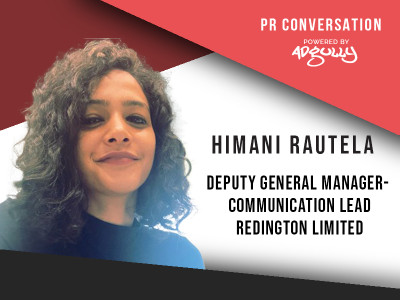
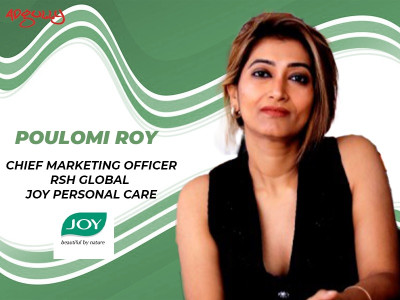




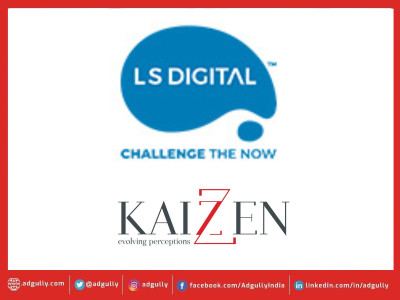
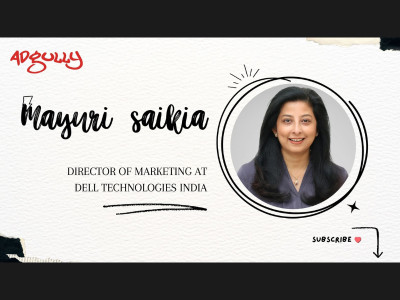
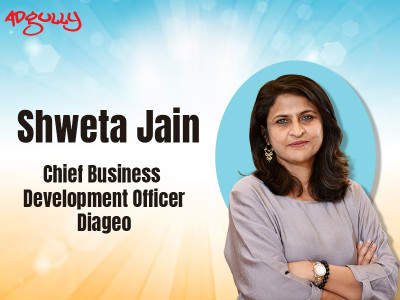
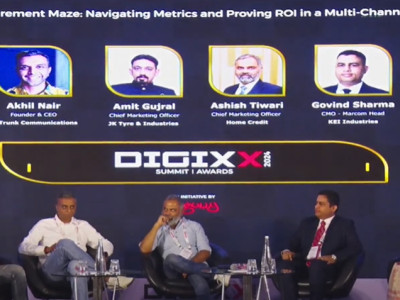
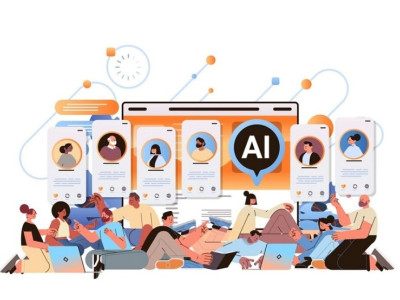
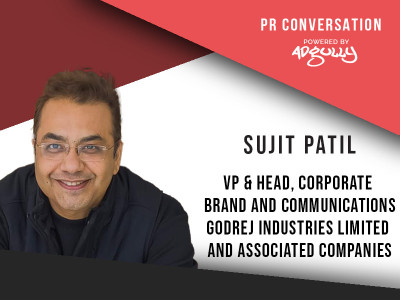


Share
Facebook
YouTube
Tweet
Twitter
LinkedIn